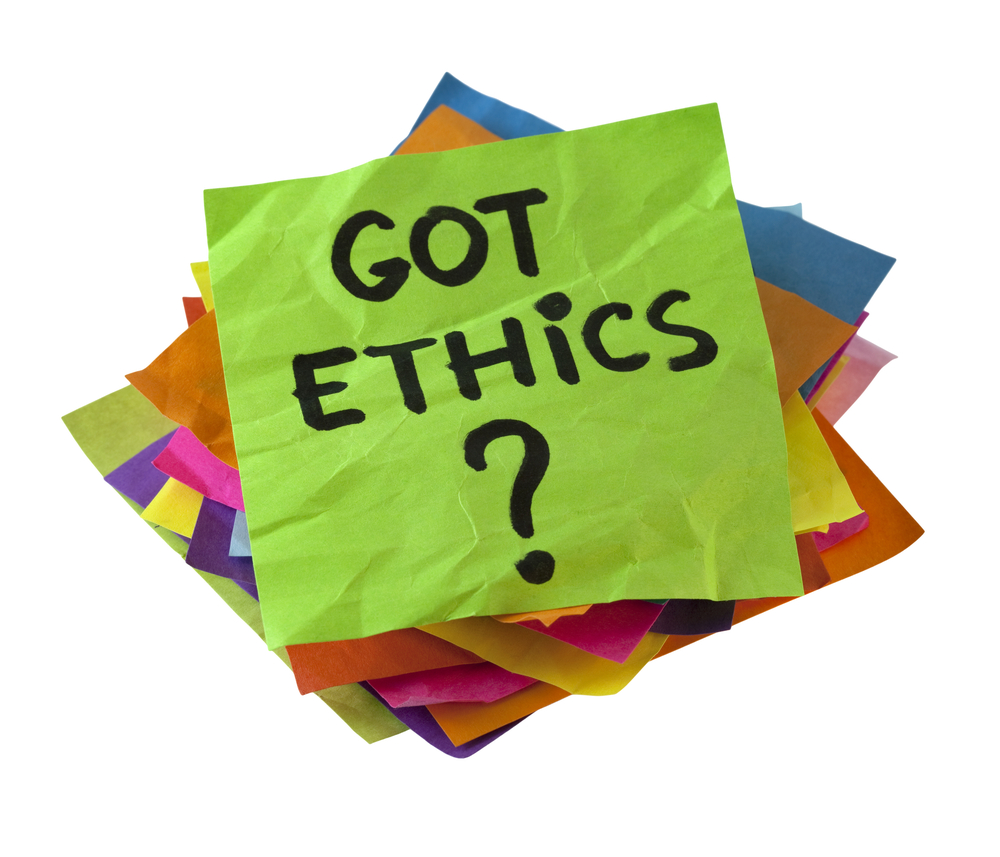Truth may be a casualty of war, but ethics are a casualty of recession. When the going gets tough, the weak cheat. It’s just easier than competing fairly. It’s an economic barometer, and we’re seeing and uptick right now.
During economic hard times, there is often an increase in unethical behavior and sharp practice. It’s rarely illegal but it’s certainly dubious or petty. For instance, terms in contracts get ignored, verbal agreements aren’t honored, payments aren’t made. There’s usually an ambient level of this nonsense in business. People think they can cut corners to success. As a business leader, you learn to live with it.
In 2008, I noticed an increase in unethical practice. Perhaps people justify it to themselves when jobs are on the line. When there’s a lot of bad behavior going on, it’s easier to excuse ourselves right? Take a look at the riots in London for proof. Just as in 2008, over the last few months, I’ve seen a gradual increase in the BS factor involved in daily commercial operations. It’s petty stuff like wriggling out of notice periods, re-trading agreements, and being deliberately misleading.
It’s easy to tell stories to ourselves to justify these actions and to salve our conscience. For example, a verbal agreement isn’t binding so you have the right to renegotiate. But the effect is the same to the other party. So in times of hardship, it’s important to listen to your moral compass – the quiet voice inside which tells you what’s right and what’s wrong. That voice can get drowned out by the din of economic difficulty. Ultimately though, the old adage ‘what goes around, comes around’ is often proven to be true. Markets have a way of correcting this behavior over time. The rest of us, can take comfort in that if the economy declines and ethics become a victim once more.
——————————————-
I write about digital communications and personal performance. Please feel free to follow me on Twitter at @morganm or subscribe to this blog here.
